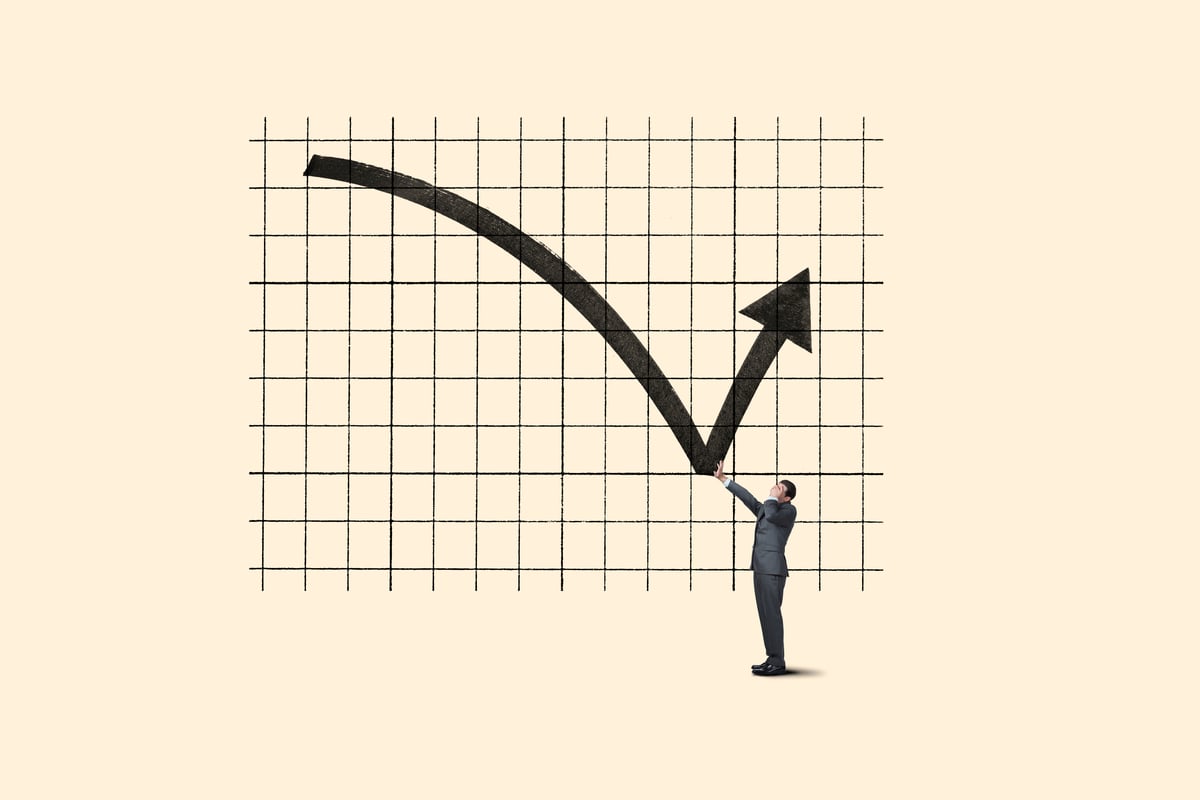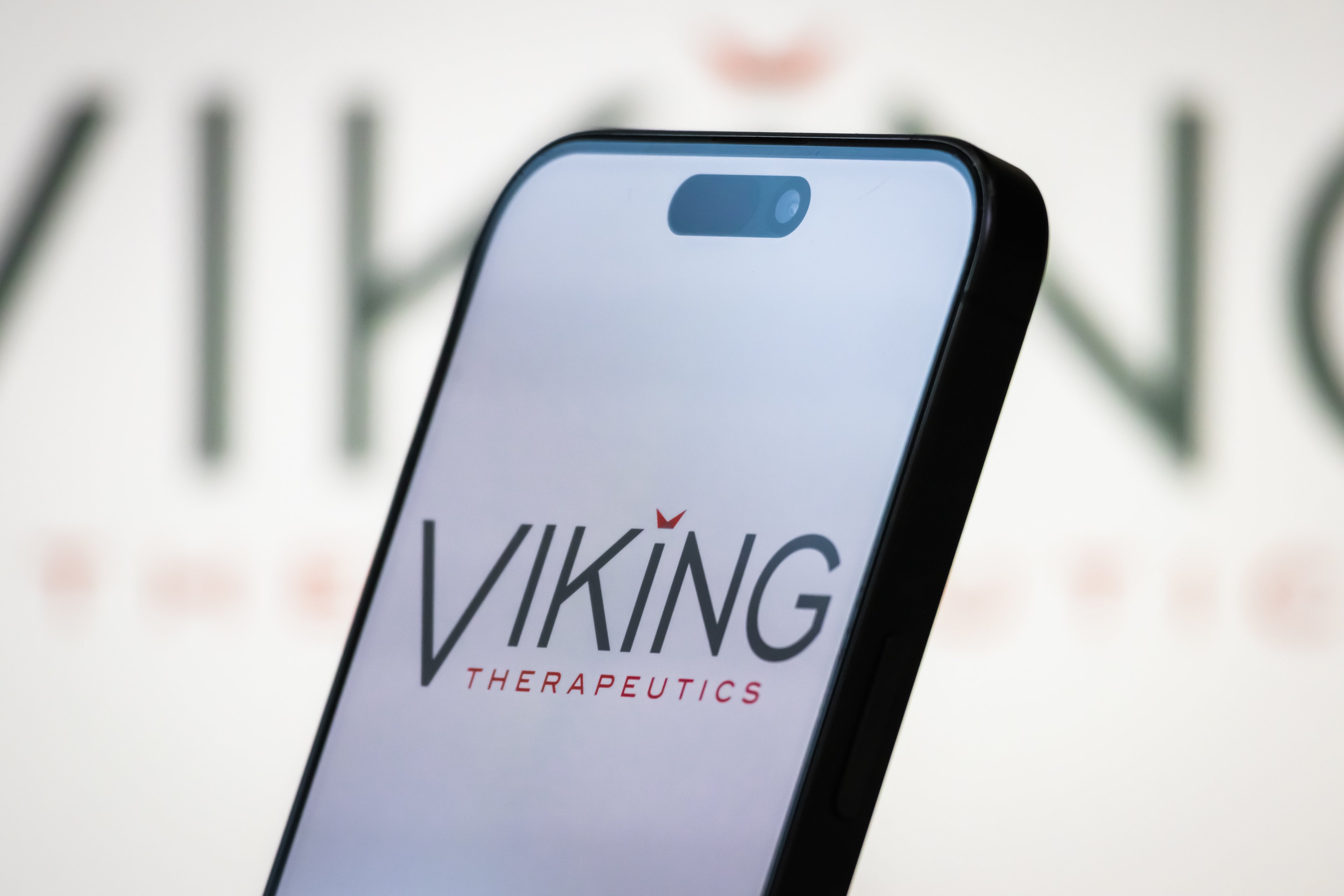Up 260% so far this year, shares of Viking Therapeutics (VKTX 1.99%) are a hot commodity thanks to its increasingly promising therapies in development to treat obesity. But as wise investors know, buying a small biotech stock immediately after it has significantly gained in value can be a especially risky proposition.
So is it too late to invest in this company, or are the good times just getting started?

NASDAQ: VKTX
Key Data Points
Why it isn't crazy to be worried about being too late
There are two distinct arguments for why it's already too late to buy Viking Therapeutics. According to the first argument, the company's clinical-stage programs for obesity and other cardiometabolic illnesses like metabolic dysfunction-associated steatohepatitis (MASH, formerly known as NASH) are all perfectly well and good from an investment standpoint.
Based on the recently published data from the phase 2 clinical trial of VK2735, the biotech's obesity candidate, it is likely that there is a winning medicine in the works. And with $963 million in cash and equivalents in the bank as of the end of the first quarter, it also has more than enough gas in the tank to push through phase 3 trials and get the drug out the door, assuming it gets approved.
But all of the above is "common knowledge," in the logic of this argument. If something is common knowledge among investors, it must therefore be priced into the stock's value today, meaning that there can't be much upside remaining for those who invest in it now.
The second argument for it being too late hinges on competitive factors rather than valuation factors. Novo Nordisk and Eli Lilly are both competing in the obesity market with their medicines Wegovy and Zepbound.
More importantly, they reached the market long before Viking will, assuming it ever does, allowing them to grab sizable market shares. And, as those two are among the most powerful pharmaceutical companies on the planet, with vast marketing, manufacturing, and research and development (R&D) resources, there simply won't be a way for Viking to elbow its way in if VK2735 gets approved in the future.
So in that view, buying shares now is a ticket for pain later, as the competitive fight facing Viking will supposedly grind it down and hamper it from experiencing favorable margins even if its candidate is safe and effective.
There's still plenty of meat on the bone
Now, let's evaluate the claims made by both of these arguments.
It's true that Viking's clinical results have been widely followed, and that the attention has buoyed its share price. But there is still a substantial amount of future information that investors do not have today. For instance, it is impossible to know with total confidence what its phase 3 clinical trial results will look like, and it is also impossible to know with total confidence how regulators at the Food and Drug Administration (FDA) will consider its application for approval. Therefore it is very improbable that all of the unrevealed events of the future are priced into the stock's value today.
The argument about the prospect of fierce competitive headwinds is more persuasive. It's undeniable that Eli Lilly and Novo Nordisk are able to initiate and sustain more pipeline programs to advance their current and prospective obesity therapies. It's also difficult to deny that their medicines will become more and more entrenched in the market over the next couple of years, when Viking isn't even at the starting line.
But the biotech doesn't need to win the market for obesity for its shares to go up in value. According to Vantage Market Research, the global market for obesity interventions will be worth nearly $39 billion by 2030. The business only needs to capture a small slice of that value to grow tremendously, as in the first quarter it reported zero revenue.
A share of just 10% would equate to $3.9 billion in annual revenue. Given that the stock's market capitalization is currently $8.6 billion and the biotechnology industry's average price-to-sales (P/S) multiple is 6.4, it is very difficult to conceive of a situation where Viking's shares would remain static relative to where they are today if it were actually bringing in that amount of sales.
In conclusion, no, it is not too late to buy Viking Therapeutics stock. Just be aware that the road to commercializing its first medicine is probably slightly riskier than some may believe, and be ready to hold onto your shares for a few years while its clinical trials play out.





